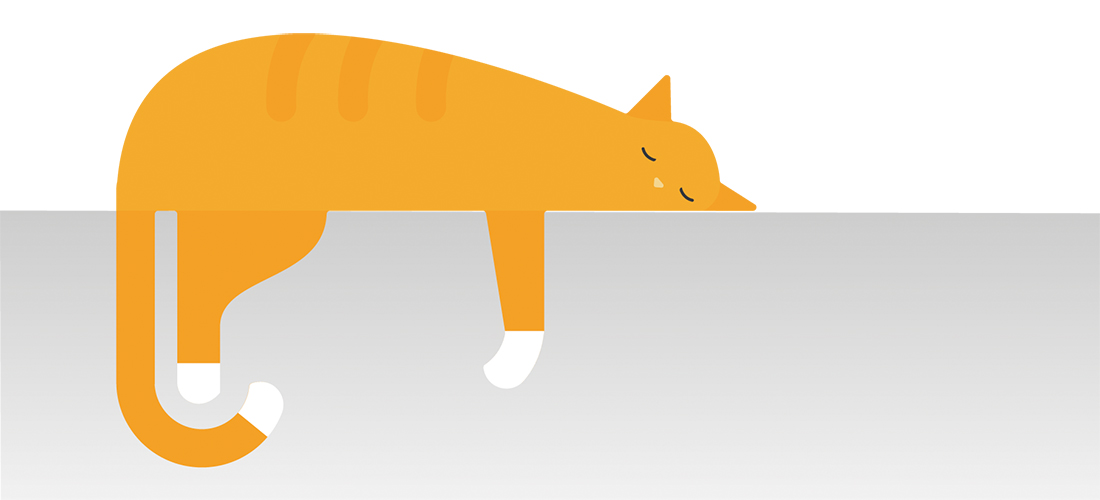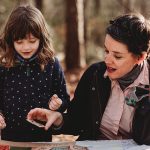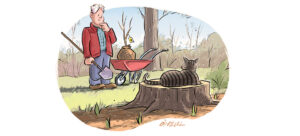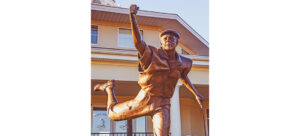
The Day of Doing Nothing
And being all the better for it
By Deborah Salomon
People bandy the word stress like it’s vanilla ice cream . . . you know, commonplace, ordinary. So if everyday life is stressful, what happens when a pandemic on top of political chaos on top of financial uncertainties happens?
Hide under the covers.
By comparison to most old ladies, my stress appears manageable. I’m in reasonably good health, have a satisfying part-time job I can accomplish from home. My grandkids are doing well. I can just about pay my bills and haven’t lost my car keys in years. But stuff happens: a serious family illness, an expensive dental procedure. A misspelled name. All of a sudden, I’m sliding down that slippery slope, now more twisty than an Olympic luge run.
Suppose I contract the virus? Suppose one of my kitties falls ill? What if my creaky computer or my 8-year-old car breaks down?
Fatigue sets in, caused partially by the ungodly hour I rise every morning, a lifelong habit for which going to bed early no longer compensates. Mind and body demand respite. Not tomorrow or over the weekend. Now.
After the kitties had been fed, let out and in; after the emails had been answered, the news watched, the coffee and toast consumed, I turned off the phone and crawled back into bed with my arthritic shoulder on the heating pad. Ahhh . . .
The clock frowned 5:15 a.m. Lucky and Missy looked at each other, puzzled. They are cats of habit. Morning naps are their purview, not mine. Then they hopped in beside me.
The hell with everything.
Slowly, my painful neck and shoulder relaxed. I slept until 8:00. Glorious.
Now what? A second breakfast. I love breakfast, mostly the unconventional kind like cold macaroni or a grilled cheese, tomato and spinach sandwich. Nobody’s watching, might as well. Maybe I can sleep a bit more.
As I lay there, eyes wide open, the sun climbed higher and higher on the wall, illuminating one picture, then another. I glance at them every day but haven’t studied them in a while; my daughter at about 10 months, like a cameo, displaying the beauty that would blossom and, after years of illness and suffering, fade. A house that had provided so much pleasure — but not for long. An enormous Chagall poster, wedding-themed, as he was wont to paint, with animals floating among the clouds and his omnipresent fiddler. A clay mask from a pottery shop in the serpentine lanes of Venice. A photograph of my mother, her parents and her baby brother looking grimmer than grim, as subjects did in 1906.
I stared at each until they absorbed me into their background.
And then I nodded off.
I awoke around noon, disoriented, but with no compulsion to get up. Time was out of joint, yet I felt rested, empowered to continue looking at the objects I see every day; a snapshot of my grandson, frowning intently, from the sidelines of his soccer game. Not many people keep photos of frowning grandkids but this one displayed the concentration and the will that propelled him through grueling years of study, culminating in a law degree, at 22.
Silly, but I still have three artifacts from Duke: a pin (the attached ribbon long disintegrated) freshman girls had to wear during orientation, a small felt banner and a stuffed, baby Blue Devil that sat on my bed for four years, and on my other daughter’s for her four years there.
Then I looked straight up, at the rough stucco ceiling. What is that black dot — a fly, in December? I stared, hard. The dot began to move towards the wall but never arrived — an optical illusion with a name, probably. I had to find out, since I don’t put much store by the unexplained. I once heard that Mona Lisa’s eyes follow the person walking by her roped-off enclosure in the Louvre. Unfortunately, she and I failed to make eye contact, or maybe I was distracted by her small size (less than 30 inches) and poor lighting.
Again, Google failed me.
By now the winter sun was dropping low, the kitties agitated for their supper, the pandemic and politicians were still raging and I had accomplished absolutely nothing the entire day. Except for this: less tension in my shoulders, less fatigue in my brain. Less stress.
Stress is difficult to define. What one person can absorb sends another over the wall and under the covers, to watch a black speck not crawl across the ceiling, to squeeze memories from photographs.
Beats pills, any day. PS
Deborah Salomon is a contributing writer for PineStraw and The Pilot. She may be reached at debsalomon@nc.rr.com.





